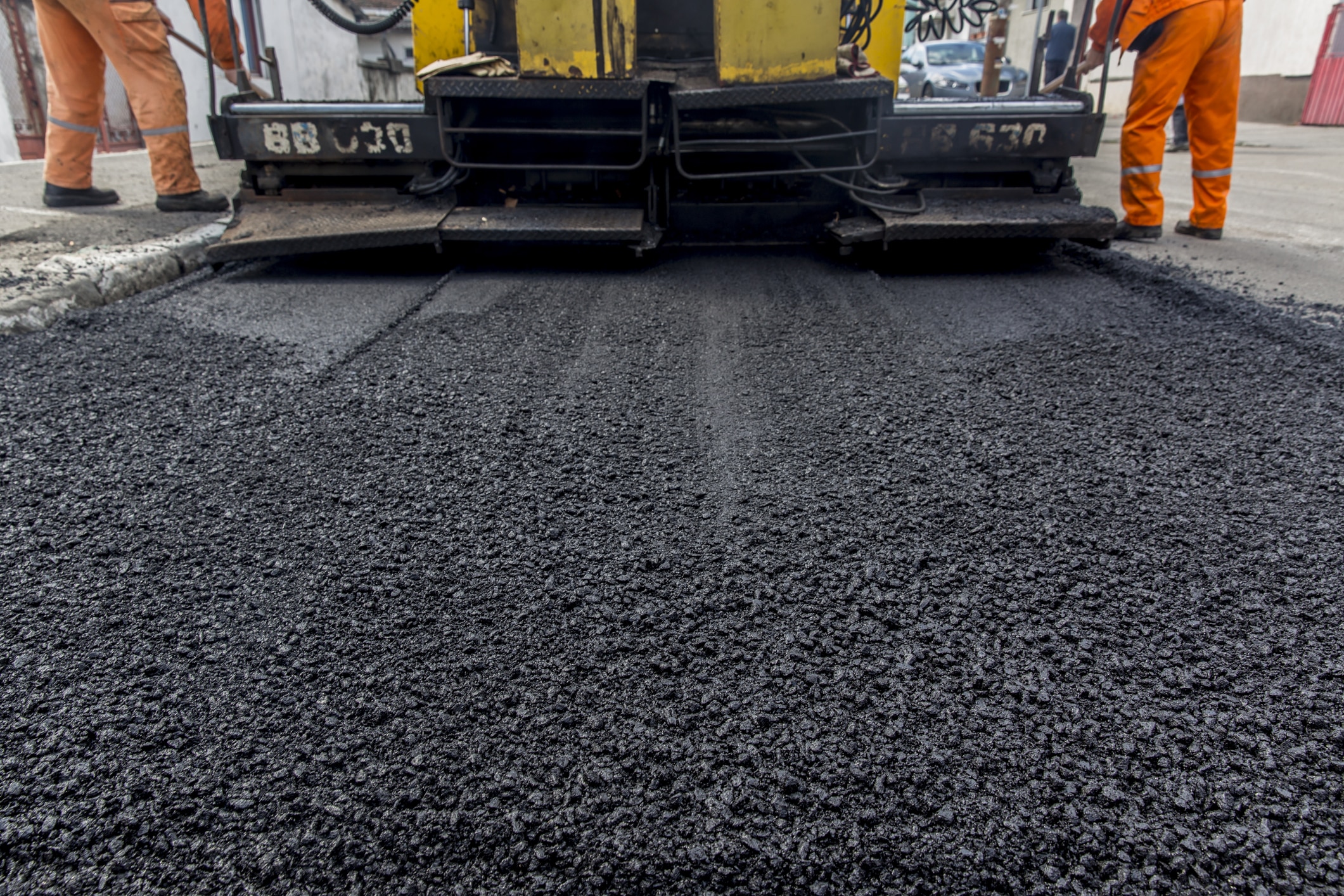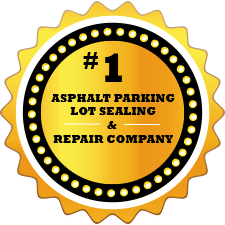Understanding Asphalt Repair Specifications in Kansas
There are asphalt repair specifications in Kansas? Why? It’s just a parking lot, right?

Well, there’s a lot riding on asphalt parking lots. They’re a big investment—of both money and time. A broken-down parking lot is a hazard that can lead to trip-and-fall injuries or expensive vehicle damage. And a poorly done asphalt parking lot that breaks down before it should doesn’t give business owners a fair return on their investment.
These are some of the reasons why there are asphalt repair specifications in Kansas. It’s important to understand these KDOT specifications if you own an asphalt parking lot or are thinking of getting one. Even more important, the paving contractor or asphalt repair company you use for the job needs to understand and follow these construction practices.
In general, the road and paving specifications cover:
- Appropriate materials
- Proper drainage
- Adequate foundation
- Maintenance
- Construction practices
Road and paving standards help construction and engineering firms examine and evaluate paving materials. This ensures durability toward safe application and use.
Laying the Foundation
Paved asphalt surfaces need a strong foundation to withstand foot and vehicle traffic day in and day out. Poor preparation and a failure to lay an adequate foundation can result in buckled pavement and parking lots that wear out far before they should.
An adequate foundation includes a solid subgrade and a strong aggregate base. The subgrade must be stabilized effectively, which can be a challenge in many parts of Kansas where there is wet, soggy clay present. Following the asphalt specifications can help address these conditions.
Preventing Water Damage
As with any structure, proper drainage is critical. Just like water against the foundation of a building, poor drainage can lead to subgrade damage and cracking. Proper drainage will help prevent damage to the subgrade of the pavement.
Water damage can also occur when water enters pavements cracks and freezes, causing expansion that makes cracking worse. Over time, the freeze-thaw cycle can widen existing cracks. Asphalt crack repair and crack sealing that follows Kansas asphalt repair specifications can help prevent this issue.
Proper seal coating also helps prevent water penetration into the pavement, among other benefits. Sealing can be used to prolong the life of the paved surface and polymer-modified asphalt sealers can guard against spills.
Ensuring a Long-Lasting, Quality Asphalt Parking Lot
Seal coat specifications and paving specifications outline the correct mix of asphalt and application methods to help ensure you have the best quality asphalt parking lot. For example, a tack coat applied to parking lots can help reduce the risk of slippage. If an asphalt surface is slippery, it hasn’t been tacked correctly.
Paving Specifications FAQ
There are many questions that come up about the paving specifications of asphalt and the best ways to repair and maintain asphalt. Some of the most common questions and answers are listed below:
1. What are asphalt seal coats?
Asphalt seal coats are made up of a thin layer of asphalt material including cutbacks, paving-grade asphalt cement, and asphalt emulsions. Modifiers such as latex, rubber and polymers are often added to the liquid asphalt mixture. Some types of seal coats also add sand, aggregates, and synthetic or mineral fillers to the paved surface.
2. Do you need a sealcoat?
This is one of the most popular questions that comes up about seal coat specifications. The answer is yes, as sealcoating with the right asphalt sealer provides the best possible coverage to prevent damage.
Asphalt takes a real beating from sun, snow, ice and rain. It can be damaged by grease, water, oil and gasoline. Without the right seal coat for protection, the asphalt will break down sooner. A knowledgeable asphalt paving contractor will be able to determine which seal coat option is best for your situation, and apply it properly to meet seal coat specifications.
3. Can the cracks in asphalt get fixed?
Smaller asphalt cracks can be fixed fairly easily and any expert in asphalt paving specifications will tell you that fixing them quickly is a must. Cracks will only get worse, but filling them properly will help prevent further damage.
Larger cracks may require the help of an asphalt specialist, who will be able to fill them according to professional asphalt pavement repair specifications. This typically involves using hot pour asphalt crack fill, which seals the crack and prevents decay from setting in.
4. Why choose to seal asphalt?
Sealcoating asphalt can help prevent or delay expensive corrective treatment. Seal coats are a surface treatment that is designed to seal and protect the asphalt pavement from any harmful conditions. They can also improve the traction between cars and pavement.
They won’t cure any issues beneath the surface that involve a base failure or material deterioration, but they work well for pavement surface deterioration.
Choose an asphalt repair and sealing company that doesn’t cut corners.
At South Central Sealing & Paving we believe in doing things right the first time. We don’t cut corners and we abide strictly to all applicable specs. The result is a final product that lasts longer! Request a free estimate now!





Write a Comment